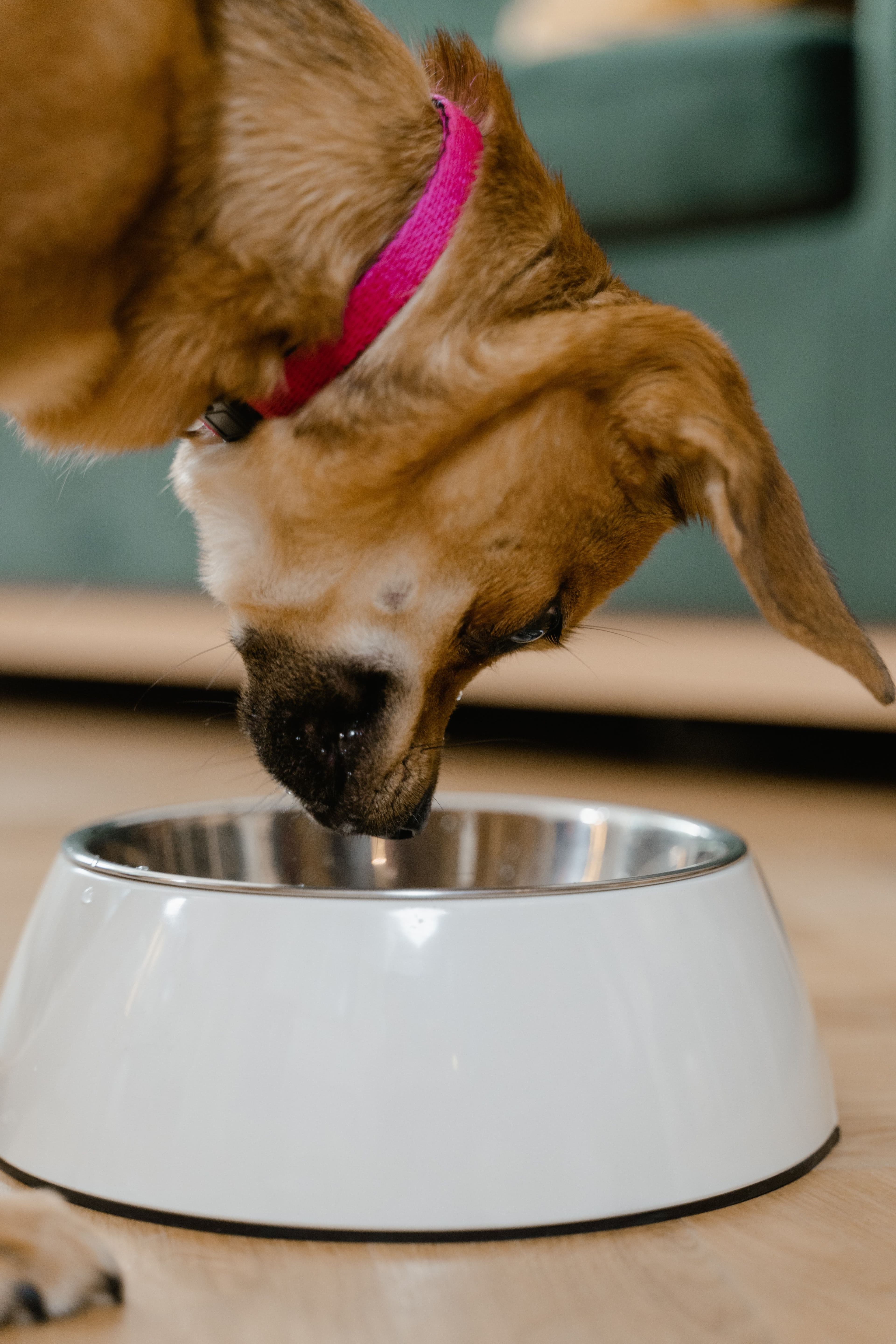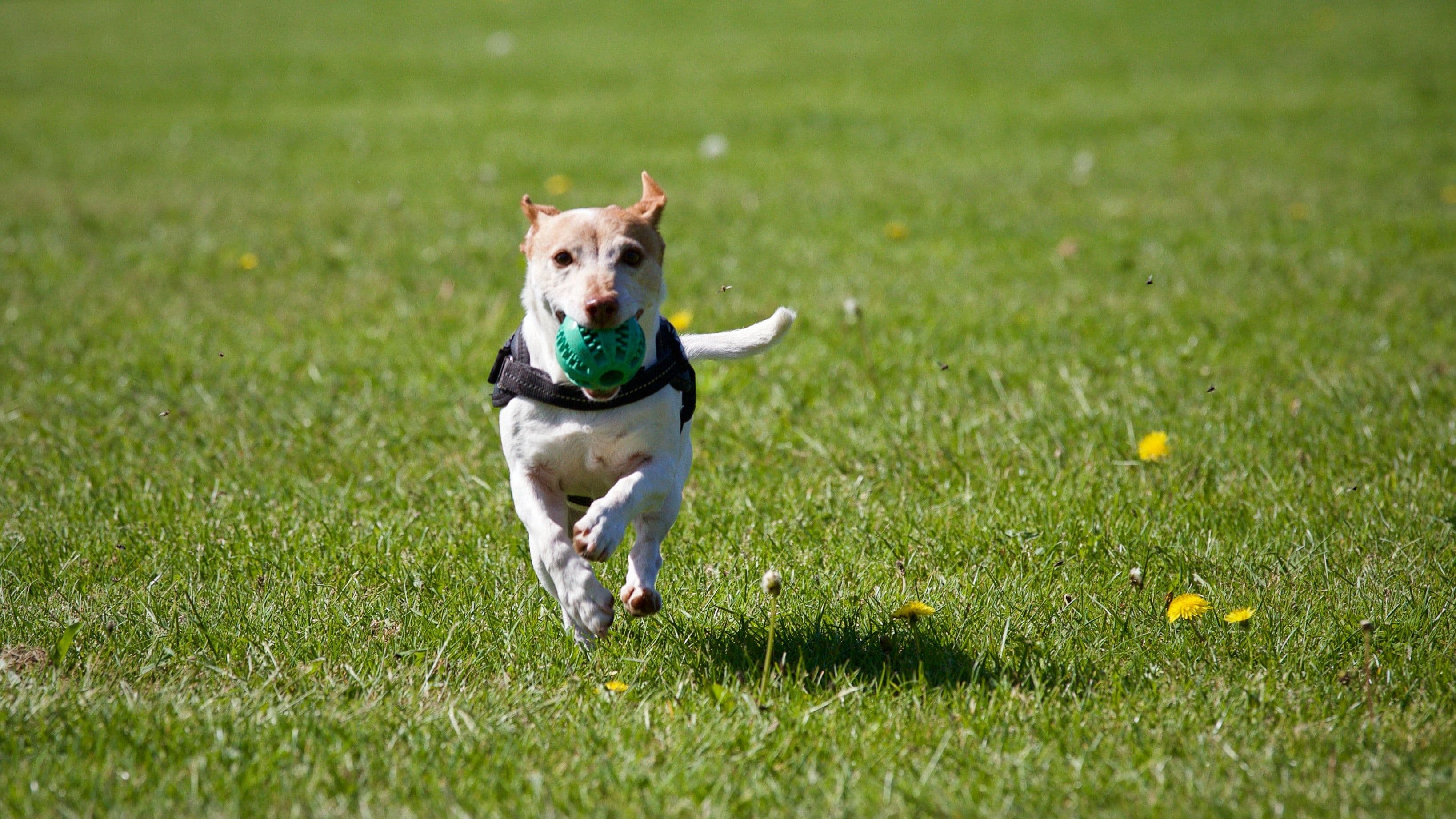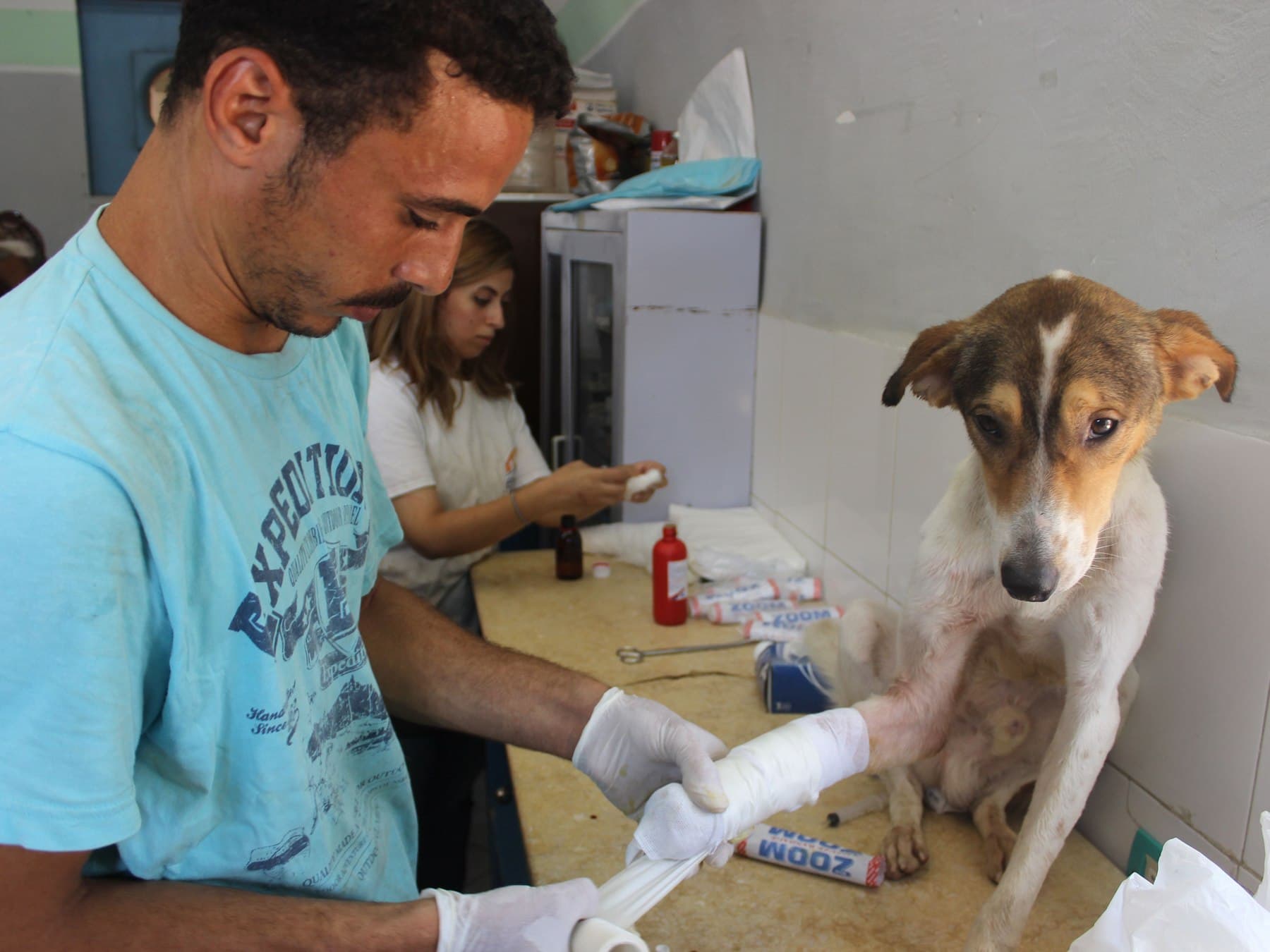
Is it safe to give dogs milk? Are there any health benefits of giving a dog milk? What is lactose intolerance? What are the symptoms of lactose intolerance? How would a dog react if lactose intolerant?
Unsurprisingly, this is a very common question asked by many dog owners, whose dogs come begging every time they make a cup of tea. We are probably all aware of the human health benefits of drinking milk, given it is high in calcium and vitamin D and so helps to keep our bones and teeth strong, but is it safe to give to our dogs? The answer is possibly, and certainly always in moderation i.e. a tablespoon or two, not a whole bowl. This is because, while some dogs will tolerate milk quite well, for others it can cause a tummy upset due to an underlying lactose intolerance.

What is lactose intolerance?
Given that milk contains a sugar called lactose, digestion requires a special enzyme known as lactase. While puppies have high levels of lactase to allow them to digest their mum’s milk (which is lower in lactose than cow’s milk), as they are weaned onto solids the level of this enzyme drops. In fact, many adult dogs produce such low levels of lactase that they are unable to digest lactose and are therefore lactose intolerant. For these dogs, even a small amount of milk can cause tummy upsets. So, while milk is not toxic to dogs it can sometimes cause them to become unwell, normally within approximately two hours of ingestion.
What are the symptoms of lactose intolerance?
The symptoms of lactose intolerance typically include:
- Diarrhoea or loose stools
- Abdominal pain
- Bloating
- Gas / flatulence
- Vomiting
These symptoms can vary from mild to severe, depending on the degree of lactose intolerance and how much milk was ingested. Hence if you are going to give your dog any milk to drink, moderation is always key.

What about other dairy products?
Our four-legged friends are also very keen on other dairy products such as cheese and yogurt, but these can cause similar problems if your dog is lactose intolerant. While a small amount may be ok, it is best to avoid giving large volumes. Dairy products also tend to be high in fat, which can lead to additional problems with pancreatitis – a serious condition that can cause severe vomiting and abdominal pain. So once again, moderation is important to keep your dog safe!
If you notice that your dog does exhibit any of the symptoms above after giving milk or other dairy products, then it is best to avoid them altogether.


